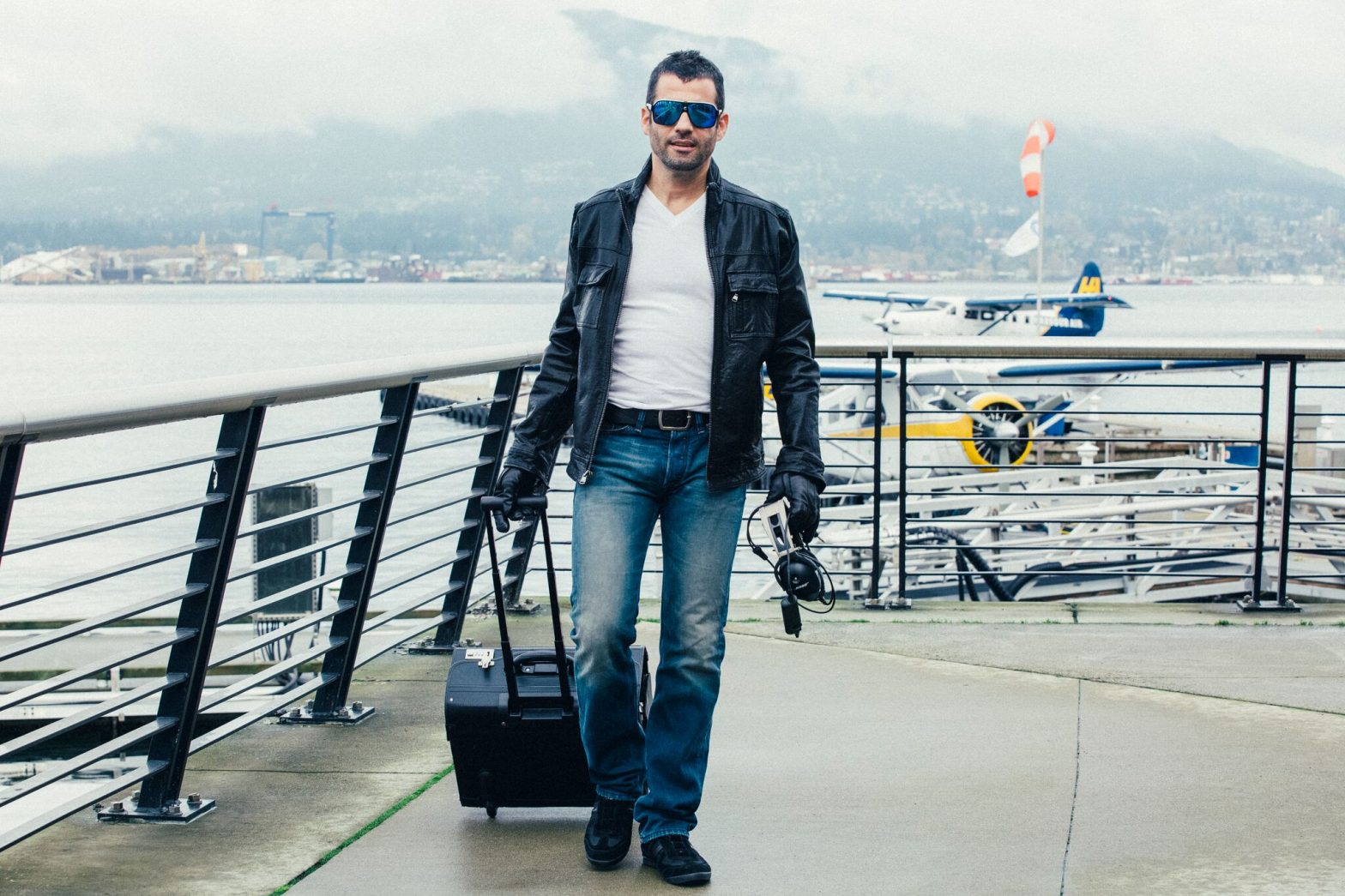
New BC Appeal Case Enforces Gatekeeper Role in Family Law Expert Evidence
In a key 2016 case involving disputed family law expert evidence, the BC Court of Appeal has sent a stern message to family law lawyers and their clients that they will enforce proper rules for accepting family law expert evidence in all family law cases. Supreme Court of Canada and BC Court of Appeal lawyer Lorne MacLean, QC welcomes this new case. Challenging expert credentials and theories is critical to ensure justice is done in a family law case. Call Lorne MacLean, QC immediately if you have a family law expert evidence dispute at 604-602-9000. We act throughtout Bc and in Calgary, Alberta.
In family cases there has been a tendency to let too much evidence in that would not strictly be permitted in a normal civil case. The Supreme Court of Canada has made it very clear the court serves a gatekeeper function to ensure only proper family law expert evidence is admitted. Family cases need to be decided fairly and if an expert is proferred as a witness to give expert opinion evidence it is the Judge’s role to act as a gatekeeper to ensure only proper family law expert evidence is admitted into the record.
In this week’s Williamson v Williamson decision the court rejected a Trial judge’s decision to vary parenting arrangements and implement a draconian family unification plan based on inappropriate expert evidence that did not meet the test for admissibility.
Proper Rules For Family Law Expert Evidence
Here is what our Bc Court of Appeal said was what went wrong and what is needed to ensure only proper family law expert evidence is admitted in a BC family law case:
Expert Evidence
[47] Alienation is a serious allegation. In this case, its existence and its root cause were hotly disputed by the parties. Further, as described above, there is a range of mechanisms available to a court to address alienation. Some of these responses could have a long term impact on the child involved. Therefore, in a case such as this, alienation should be proved. Proposed responses should be supported with admissible expert evidence. In determining whether the particular evidence is admissible a court must follow the steps outlined in White Burgess Langille Inman v. Abbott and Haliburton Co., 2015 SCC 23 at paras. 22-23. First, a court must examine the threshold admissibility of such evidence in accordance with the well-established factors in R. v. Mohan, [1994] 2 S.C.R. 9 (relevance, necessity, absence of an exclusionary rule and a properly qualified expert). Then, if the evidence meets the threshold requirements of admissibility, the court must exercise its gatekeeper function and balance the potential risks and benefits of admitting the evidence.
[48] Proof of such a serious allegation requires proper expert evidence to support a finding of alienation on the part of either party and to support that the FRRP was in the best interests of the children. The judge appeared to rely on the report of Mr. Finlay without considering his qualifications, that is, whether he was a properly qualified expert; or the necessity of his assessment given that Dr. Elterman, the court appointed expert, had already been ordered by Arnold-Bailey J. to update his s. 211 report.
[49] Dr. Reay’s affidavit simply describes her program in generic terms and elaborates on its apparent effectiveness in certain circumstances. It did not appear to have been proffered as expert evidence. I note that in some of the case authorities there has been criticism of the FRRP, such as the fact the deconditioning program appears to be a fairly recent program in Canada and it has not been independently peer reviewed. As well, there have been questions about the qualifications of Dr. Reay: see Luo v. Le, 2016 ONSC 202 at paras. 29-33, 42, and the cases cited therein; D.S.W. v. D.A.W., 2014 BCSC 514 at paras. 31-32. However, these issues are properly addressed by the trial courts when the issue arises.
Family law expert evidence cases are tricky and it takes a skilled lawyer to dissect the report to ensure the expert is both qualified to testify at all and to ensure their report passes muster as being valid and fair. Call us today toll free at 1-877-602-9900.








